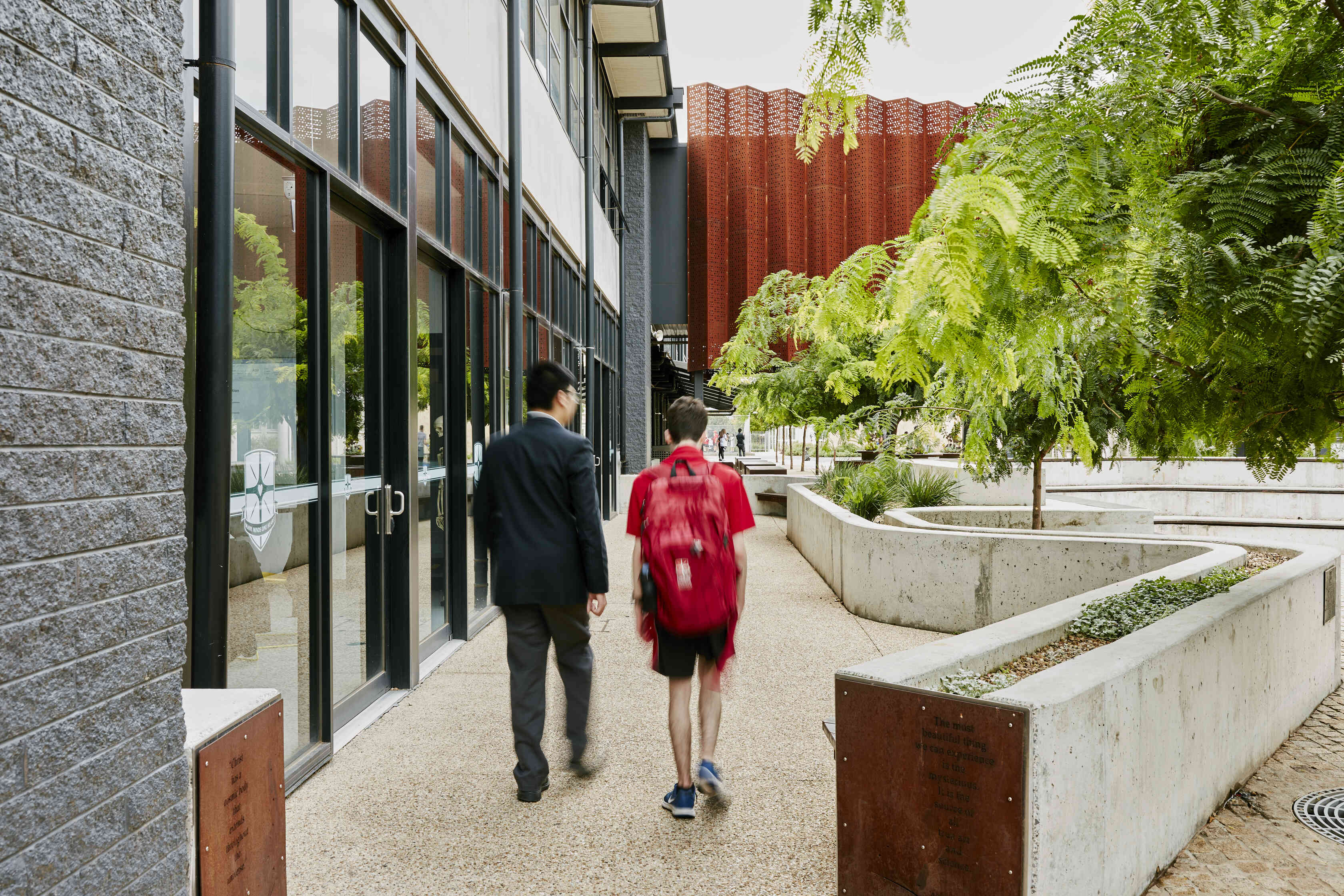All children and young people miss some school due to illness or other issues. However, for some, non-attendance becomes an ongoing and challenging issue for families and school communities to navigate.
School refusal is the term used to describe a situation where a child or young person is unable to attend school. This non-attendance is often related to worry or anxiety about going to school, rather than simply ‘wagging’ or truancy.
The reasons behind school refusal can be complex, and are different in each circumstance, so having multilayered, flexible, and student-centred approaches to improving school attendance is important.
School attendance rates are a widespread and an increasing issue. According to ACARA’s National Report on Schooling data portal, the national attendance rate fell to 86.5% in 2022, down from 90.9% in 2021, with a small but significant number of students not attending school at all.
“School refusal behaviour can have a significant impact on children and young people as well as their parents and caregivers. This may be in the form of conflict in the morning, parents or carers having to take time off work to support their child, leading to more stress regarding job security. It can become a vicious cycle.”
How to notice the early signs of school refusal
As an educator, your ability to notice early signs that a child may be struggling with staying at, or attending school, can really assist in reducing the risk of school refusal. You might notice some of the following behavioural indicators;
- Tantrums, clinginess, dawdling or absconding on arrival (in primary school-aged children).
- Frequent complaints of illness (such as stomach aches, headaches, dizziness, or fatigue).
- Frequent requests to go home or call a family member.
- Absence or lateness to school after weekends, holidays, school camps or specific days (such as sport days or days with tests).
- Long, unexplained absences from school.
- Periodic absences or missed classes, with no explanation given.
- Long periods spent in the sick bay or the school office.
These symptoms can also be the result of normal development, or other chronic health conditions, so it is important to remain curious.
Family partnerships are an important part of the multi-layered approach to supporting a child or young person, as well as liaising with other professionals who might be involved, to understand any underlying concerns the child or young person may be experiencing.
Once an educator identifies the signs of school refusal it is important to consider both individual supports and a whole-school approach to support student wellbeing. Some individual strategies may include:
- A return to school plan
- Non-judgemental check ins
- Graduated partial attendance.
Some whole-school strategies to manage school refusal include:
- Building a mentally healthy whole-school community.
- Promote and implement school attendance strategies .
- Develop family and carer partnerships.
- Embed social and emotional learning into the school curriculum to build resilience.
- Provide early support to your children and young people.
- Develop a return to school plan partnering with the child or young person.
Be You Consultants are available to provide support to registered Be You Schools, or if you are not sure if you are registered contact us.
To register for Be You visit https://beyou.edu.au/get-started
